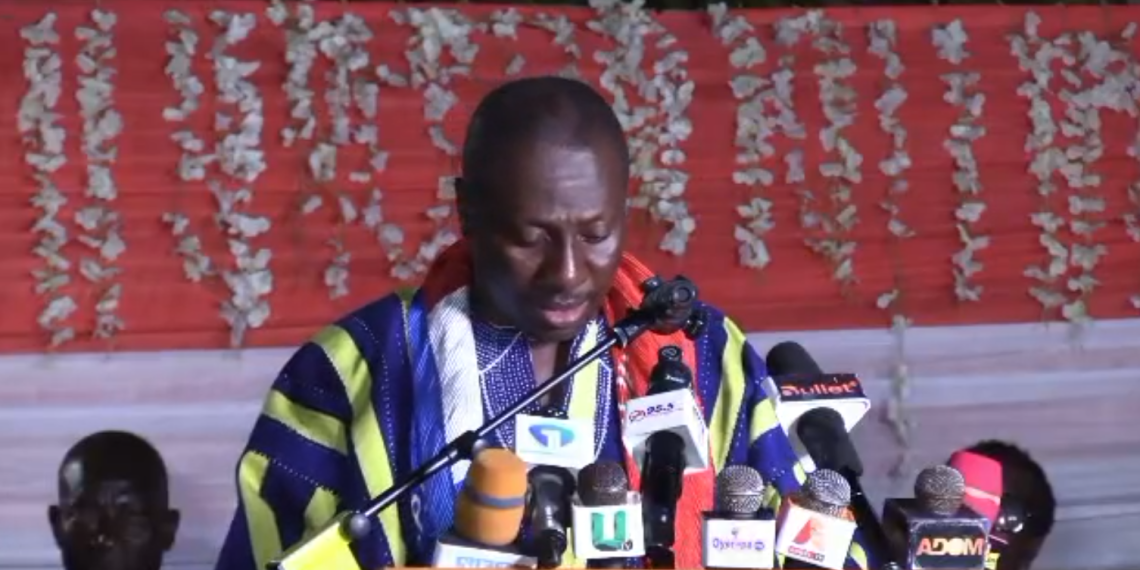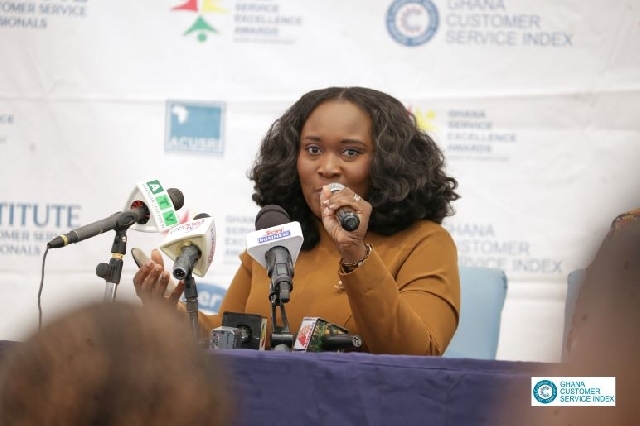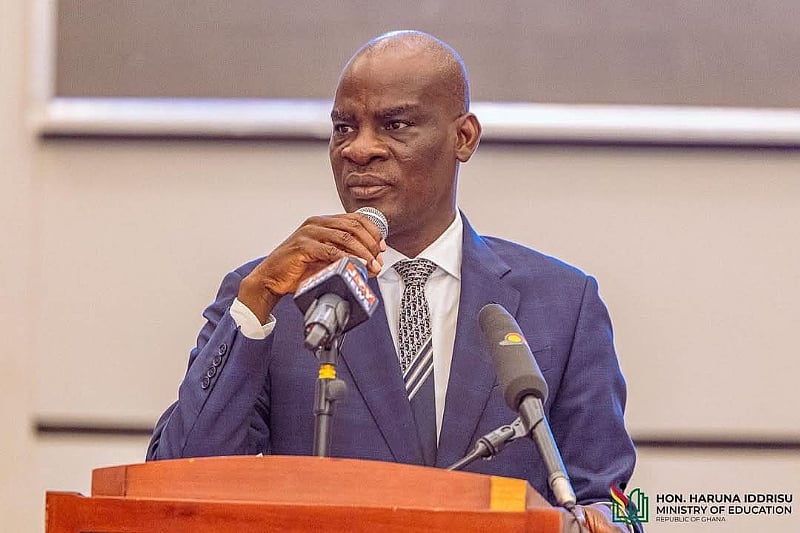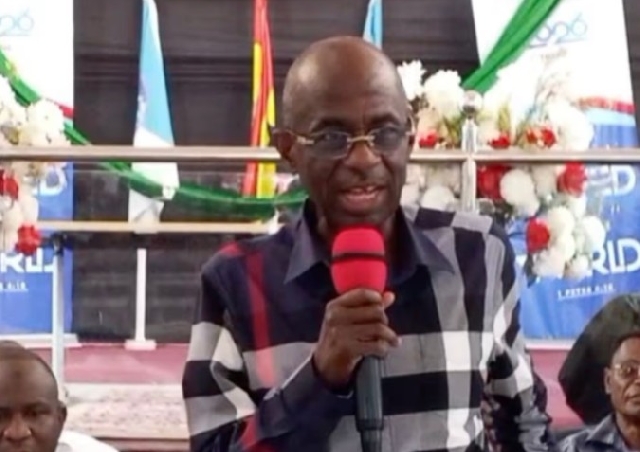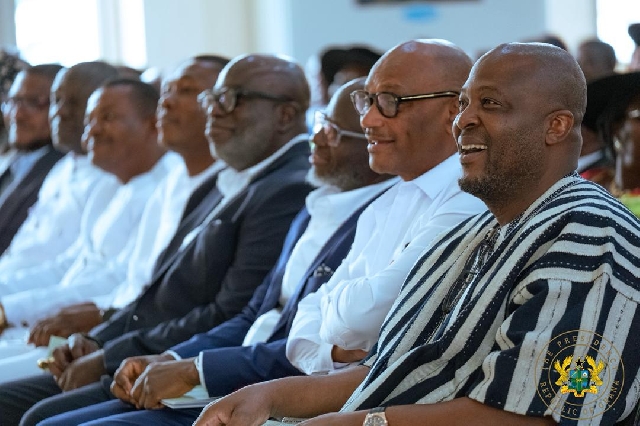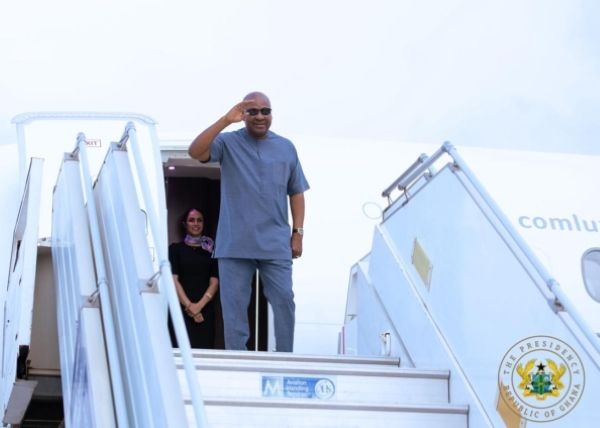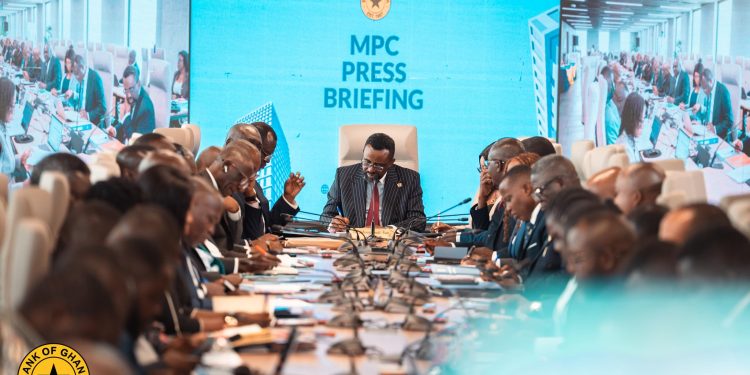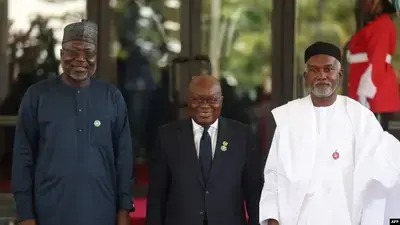The regional bloc ECOWAS has set an exit timeline for three nations grappling with military coups. This decision came after a year-long mediation process aimed at preventing a potentially historic fracture within the organization.Apexnewsgh reports
During a recent summit in Abuja, Nigeria, ECOWAS Commission President Omar Touray announced a transitional period from January 29 to July 29, 2025. He emphasized the bloc’s commitment to keeping its doors open to Niger, Mali, and Burkina Faso during this time. The announcement highlights the ongoing tensions, as these three countries, governed by military juntas, declared in January their intention to withdraw from ECOWAS. They labeled the organization as “inhumane and irresponsible” concerning its sanctions tied to their coup-related actions and accused it of neglecting their internal security challenges.
Despite ECOWAS’s attempts to rekindle dialogue and encourage the military leaders to reconsider their departure, the juntas have stood firm, exploring options to issue travel documents independently and forming a new alliance. This unprecedented situation marks a turning point in ECOWAS’s nearly 50-year history, as it deals with the fallout from the coup-related withdrawals.
Touray’s remarks at the summit underscored the sorrow within ECOWAS regarding the impending exits and commended the efforts made by the bloc’s envoys to mediate the crisis. “These efforts underscore your collective commitment to preserving peace and unity in our region,” he stated, addressing his fellow leaders.
Meanwhile, Nigeria’s president, Bola Tinubu, who chairs ECOWAS, highlighted the broader challenges faced by the region. He reminded his counterparts of their fundamental duty to protect citizens and foster an environment where they can thrive.
One crucial aspect of ECOWAS membership is the promise of visa-free movement among member states, a benefit now jeopardized by the potential departure of these three nations. In a recent statement, the juntas reaffirmed that while they would maintain visa-free access for other West African citizens, they would reserve the right to deny entry to certain individuals classified as inadmissible immigrants.
The situation reflects a pivotal moment for ECOWAS, as analysts express concern about the impact of the exits. Babacar Ndiaye, a senior fellow at the Timbuktu Institute for Peace Studies, remarked that this division presents the organization with its greatest challenge since its inception in 1975.
The likelihood of the military leaders returning to the ECOWAS fold appears slim. Mucahid Durmaz, a senior analyst at Verisk Maplecroft, pointed out that the bloc’s desire for a swift return to democratic governance stands at odds with the juntas’ intentions. Allowing the military leaders to maintain power could exacerbate regional disintegration, and accepting their rule would contradict the foundational principles of ECOWAS, he added.
Critics have also noted that the bloc’s inconsistent responses to coups in recent years have raised questions about its commitment to democratic governance, suggesting that political ambitions may be overshadowing the guiding principles of the organization. As ECOWAS navigates this complex landscape, the future of its unity and influence in West Africa hangs in the balance.
Source: Apexnewsgh.com




